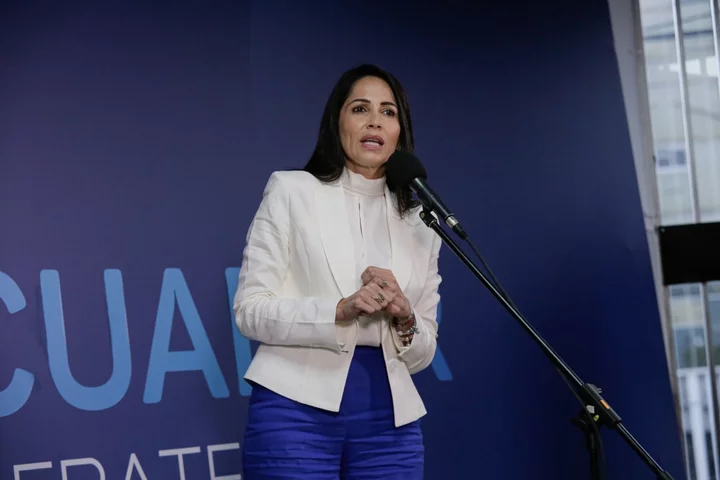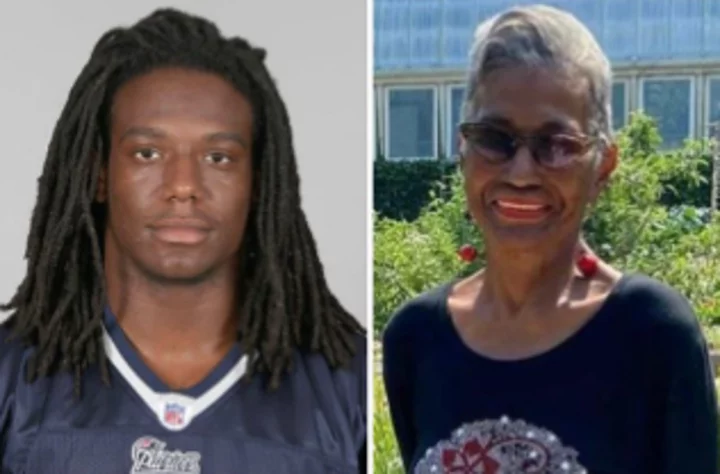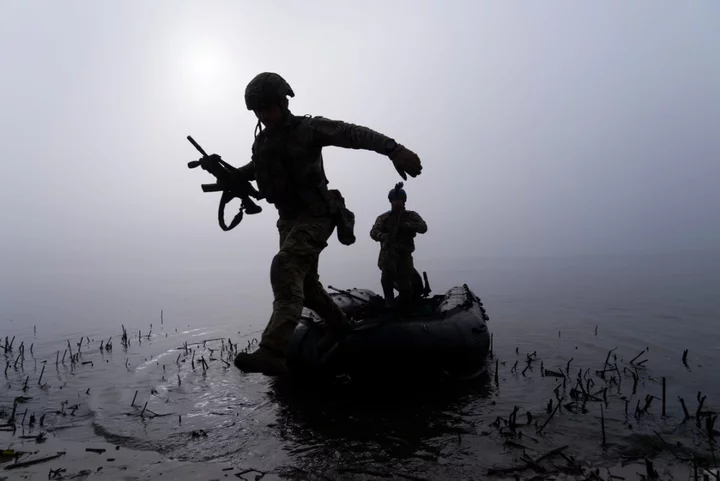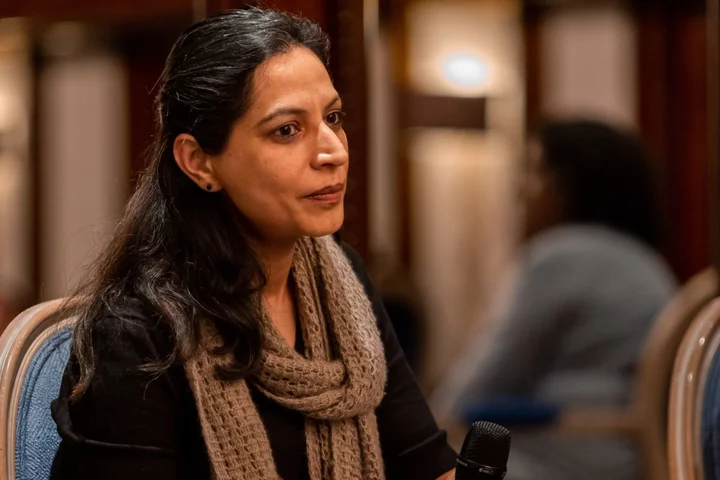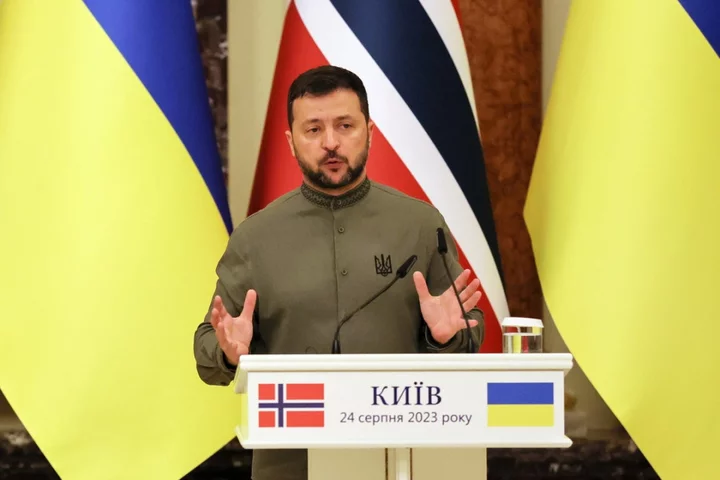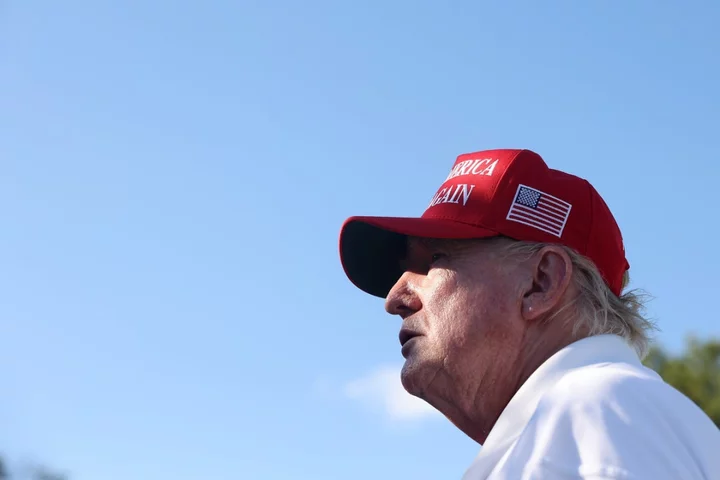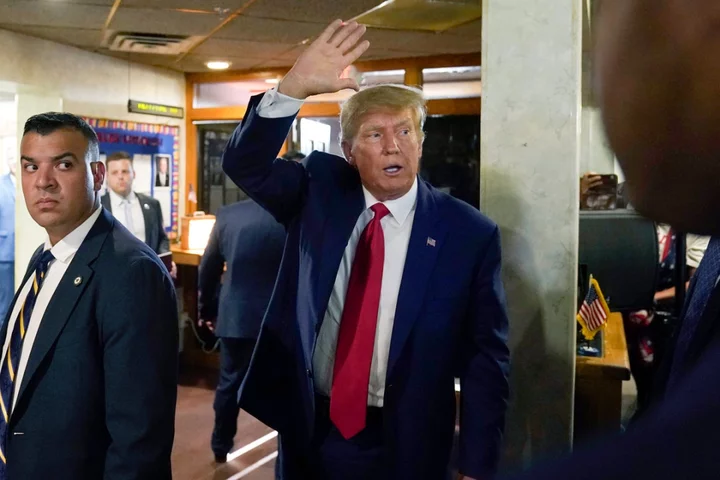Ecuador’s presidential candidates struggled to distinguish themselves in a bumpy debate on Sunday, marked by the absence of a replacement for slain candidate Fernando Villavicencio.
Ecuadorians are heading to the polls on Aug. 20 in their most dramatic electoral cycle in decades, in snap elections now marked by the shocking killing of investigative journalist Villavicencio as he exited a campaign event on Aug. 9.
Villavicencio’s death just 10 days before the vote upended the election, and a ban on polls in the campaign’s final stretch has made it impossible to measure its impact on other candidates. Investors in the bond market have speculated that the assassination could diminish the election chances of leftist Luisa Gonzalez, who had led in the polls, in favor of a more hard-line anti-crime contender.
Read More: Murder, Cocaine and Tears: Ecuador Confronts a Perilous Descent
In Sunday’s televised debate, none of the candidates stood out as a clear winner, said political scientist Arianna Tanca of the Universidad Casa Grande in Guayaquil. The crowded field of contenders almost ensures that Gonzalez, a staunch supporter of ex-president Rafael Correa, will end up in an October run-off election. Which of the other candidates may join her — and whether any can beat her — remains a toss-up.
A tightly moderated debate, in which candidates were prohibited from attacking each other and time limits were rigorously enforced, made it difficult for anyone to stand out — including Gonzalez, Tanca said. “She hasn’t had a lot of protagonism due to the debate format,” though she acquitted herself well given the circumstances, Tanca said.
Police Pardons
Centrist Otto Sonnenholzner tried to get attention with the most tough-on-crime policy yet, promising to pardon police officers who kill on the job and to send judges abroad so they can sentence criminals without fear for their safety. Conservative Jan Topic said he was the right pick to combat crime, citing his stated experience fighting wars for other nations as an ex-soldier in the French foreign legion.
Left-wing candidate Yaku Perez, who has indigenous roots, said he would be tough on crime but also prioritize education and stand against further oil exploitation in the country.
Crime is certainly top of mind in Ecuador, which in just five years has become one of the most violent countries in the world, with murder rates that topped those of Colombia and Mexico in 2022 for the first time. Gonzalez leaned on Correa’s time in office, during which she said crime was not the big issue it has become now.
But Gonzalez could be hurt by her ties to Correa, who lives in self-imposed exile in Belgium and was convicted for graft in absentia. She is likely to reach the second round but lose the run-off, said Ruth Hidalgo, dean of political science at UDLA university in Quito.
“Her speech has become one-note, and instead of achieving support, it seems to me that she is achieving the opposite,” Hidalgo said.
Debt-Free Debate
The three-hour debate provided little discussion of Ecuador’s fiscal situation, with only one candidate mentioning the nation’s distressed debt. Daniel Noboa, who has trailed in the polls, said the country would need to refinance.
Villavicencio’s Construye party has struggled to confirm a replacement candidate so shortly before the vote. Ballots have already been printed and electoral authorities have said voters will have to check the box by Villavicencio’s name even if a replacement candidate is confirmed.
On Sunday the party nominated Christian Zurita as its new candidate, the second pick in just a matter of days. But Ecuador’s electoral authorities have yet to confirm the credentials of the new candidate, and didn’t allow him to participate in the televised debate, a mandatory fixture of Ecuador’s electoral season. Zurita attempted to attend anyway, but wasn’t allowed to enter.
“This debate is worthless. How is it possible that a candidate is assassinated and postponing the debate wasn’t allowed?” said Martha Roldos, a close associate of the Villavicencio campaign.

